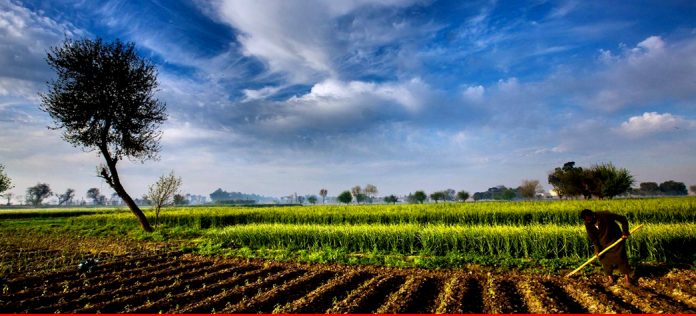ISLAMABAD: Agricultural experts have warned of serious risks to Pakistan’s agricultural exports if efforts to reduce or eliminate the use of methyl bromide fumigation at ports are allowed to proceed. The chemical is globally recognized as a crucial treatment to ensure food safety and compliance with international quarantine standards.
According to sources, certain interest groups among agricultural exporters are lobbying to minimize or bypass the use of methyl bromide for fumigation, despite its established role in preventing the spread of pests and diseases in traded commodities. This push comes at a time when Pakistan is already facing increased interceptions of pests in its agricultural exports abroad, attributed to negligence by concerned government authorities.
Experts argue that methyl bromide fumigation is a vital and internationally mandated process that ensures agricultural products such as grains, fruits, and wood are free of invasive pests, including insects, larvae, and eggs. Its omission could jeopardize entire export consignments.
“This treatment is mandated under international phytosanitary regulations to safeguard biosecurity and prevent the introduction of foreign pests into domestic agriculture,” an expert explained. “Without proper fumigation, countries risk crop devastation, economic loss, and disruption of food supply chains.”
The experts specifically cautioned against lapses in fumigation practices in the export of rice, sesame, and corn—sectors already under scrutiny due to previous quarantine failures.
Pakistan’s key trading partners—including Australia, New Zealand, Vietnam, the United States, Russia, Thailand, South Korea, and Mexico—enforce strict phytosanitary conditions that require effective quarantine treatments, with methyl bromide fumigation as a standard protocol.
Regional competitors such as India, Thailand, the Philippines, and Bangladesh continue to rely on methyl bromide, recognizing that alternatives like heat treatment, controlled atmosphere, or irradiation are either not broadly feasible or have not yet been approved for widespread use under International Plant Protection Convention (IPPC) standards.
Even Afghanistan, despite having fewer resources, continues to mandate methyl bromide fumigation for agricultural imports to prevent biosecurity risks.
Industry stakeholders have urged the government to resist pressure from interest groups seeking to curtail this critical safety measure and to ensure strict enforcement of fumigation requirements in line with international best practices.




